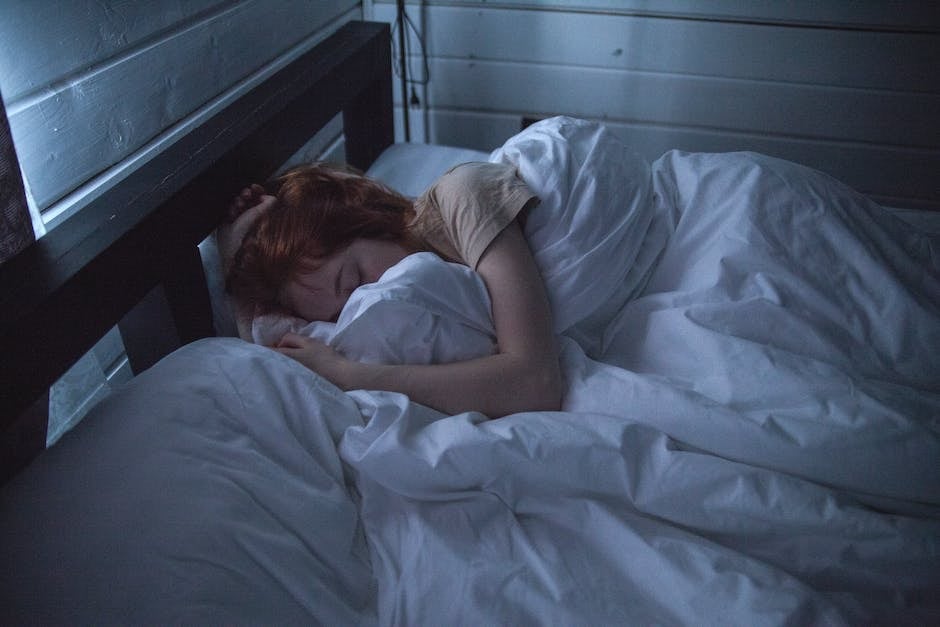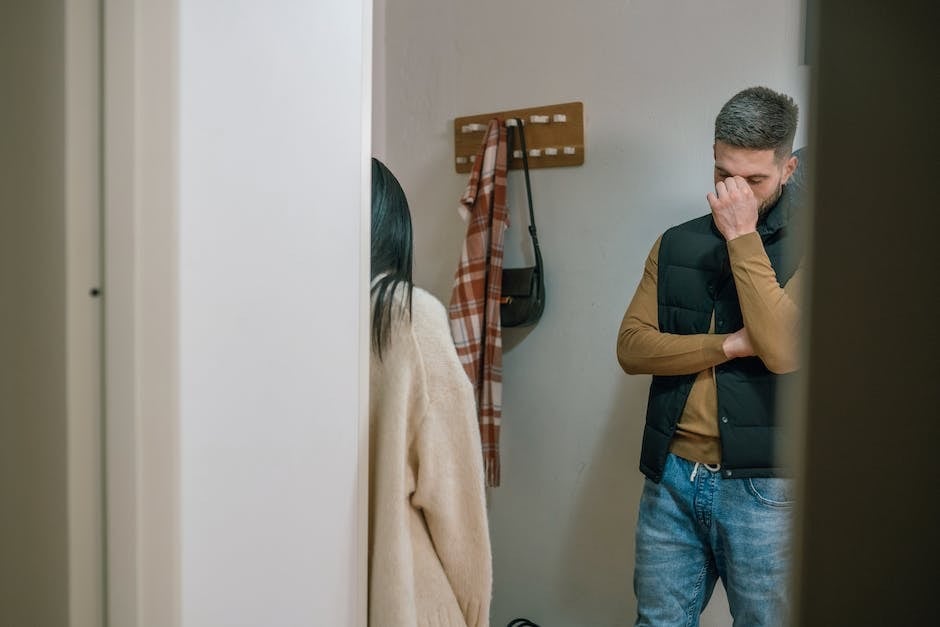The Importance of Sleep for Healing
There is no doubt that recovery presents a plethora of challenges for individuals seeking healing from addiction, trauma, and more. Some of the most obvious challenges include learning how to manage substance use triggers and cravings and reestablishing joy in life. Another challenge that is often under-discussed, yet remains extremely important to the recovery journey, is getting adequate sleep for healing. Learning about the importance of sleep as well as fostering better sleep hygiene in recovery is vital for well-being and lasting sobriety.
Grace Recovery provides safe, caring spaces for women in recovery in the form of transitional living homes. We understand that the environment that an individual recovers in can have a significant impact on their ability to achieve and sustain lasting healing. Likewise, a recovery environment can certainly impact sleep quality. Therefore, by utilizing one of our homes, an individual can have a better chance of securing sobriety, increasing well-being, and experiencing more sound sleep in early recovery.
How Improper Sleep Affects Wellbeing
Compared to healthy eating and exercise, sleep is often an undervalued facet of health and healing. Despite this, sleep hygiene is vital for well-being. As explained by the Centers for Disease Control and Prevention (CDC), “Getting enough sleep is not a luxury – it is something people need for good health.” Moreover, a lack of sleep hygiene can increase an individual’s risk of developing a wide range of chronic diseases, including, but not limited to:
- Type 2 diabetes
- Cardiovascular disease
- Obesity
- Depression
The Value of Sleep for Healing
Simply put, sleep allows the body to both relax and rejuvenate. An article titled “What Happens When You Sleep?” on the Sleep Foundation’s website explains that as an individual sleeps, their body experiences a series of changes that influence the processes of recovery. Sleep is busy at night “promoting better physical and mental performance the next day and over the long-term.” When a person does not sleep, these fundamental processes are left incomplete, leading to mental, behavioral, and cognitive issues.
More specifically, the CDC explains that, during sleep, the body is busy:
- Repairing tissues
- Fighting off infections
- Forming memories of experiences that occurred during the day
Sleep for Healing the Effects of Substance Abuse
Unfortunately, sleep issues are common for individuals in active addiction as well as those in early recovery. Substance abuse can uniquely interfere with an individual’s circadian rhythm, depending on the type of drug being abused.
For example, stimulant drugs like amphetamines are “associated with increased difficulty in falling asleep, longer latency to sleep onset, and overall shorter duration of sleep,” according to an article by Neurotherapeutics. Additionally, alcohol use can facilitate chronic sleep disturbances by causing “frequent nighttime and early morning awakenings,” as stated by an article in the Korean Journal of Family Medicine.
Independent of the type of substance abuse, however, there are similar complaints about sleep loss and insomnia among those in recovery. According to a publication created by the Substance Abuse and Mental Health Administration (SAMHSA), sleeping problems are a common issue for those working to recover from substance use disorders (SUDs). While these issues can inevitably occur during withdrawal, they can also occur months and years into recovery. SAMHSA further highlights that persistent sleep problems can increase an individual’s risk of relapse.
Facilitating Effective Sleep for Healing in Recovery
Despite the high prevalence of sleep problems for those in recovery, there are many ways individuals can work to improve their sleep hygiene. Some suggestions include:
Create a Sound Sleep Environment
If an individual’s bedroom is hot, bright, or otherwise unfit for sleep, this will inevitably affect their sleep quality and duration. Creating a sound sleep environment requires an individual to recognize specific elements that have worked to improve their sleep in the past. For example, many people benefit from sleeping with a fan. For some, this is due to noise. For others, it is due to the cold brisk air it provides throughout the night.
Individuals in recovery can foster a more sound sleep environment by:
- Ensuring that the bedroom is dark. Close any blinds or drapes to avoid waking up to natural sunlight too early.
- Keeping the room at a comfortable temperature. Oftentimes, cool environments foster the soundest sleep.
- Avoid using technology at least one hour before bed. This can better prepare the brain for sleep.
Increase Physical Activity During the Day
Those in recovery can also improve their sleep hygiene by becoming more physically active during the day. Some people find it motivating to work out as soon as they wake up. This can increase energy and endorphins needed for healing. Avoid working out a few hours before bed, however, as this can cause insomnia.
Relax Before Bed
Holistic healing is necessary for a sustainable recovery. Scheduling mindfulness practices before bed can allow an individual to fully relax their minds. This sets them up for more sound sleep throughout the night. Some examples of relaxation techniques include:
- Breathwork
- Meditation
- Reading
- Journaling
- Listening to soft music
Develop a Sleep Routine
Another suggestion for experiencing more sound sleep for healing involves developing a sleep routine. For example, it is important to go to bed and wake up around the same time every day. This will improve an individual’s circadian rhythm. Additionally, some may choose to take a shower, brush their teeth, put away electronics, or stretch before bedtime. A consistent sleep routine allows an individual’s brain to become attuned to little cues such as these that tell their brain that sleep is right around the corner.
Sleep hygiene plays a critical role in the addiction recovery process. Unfortunately, many people recovering from substance use disorder experience a host of sleep disturbances as a result of withdrawal, anxiety, and more. By creating a sound routine for sleep and adhering to it, those in recovery can experience the benefits of sleep for healing. Grace Recovery provides recovery resources such as transitional living opportunities for women seeking to establish sobriety in their lives. Transitional living provides a safe environment, free from environmental triggers, where you can develop a sound sleep routine in recovery. To learn more about our recovery resources and more, give us a call today at (737) 237-9663.







